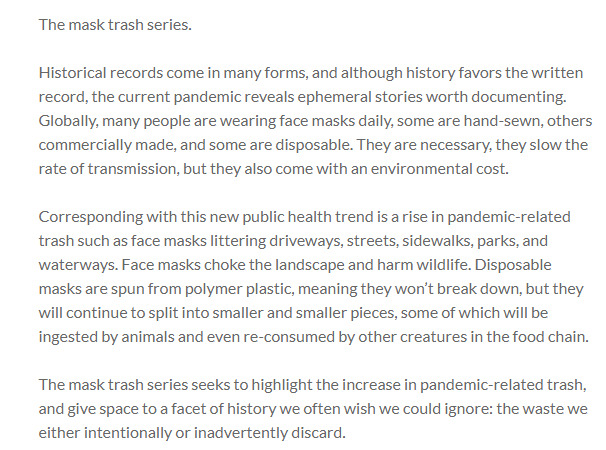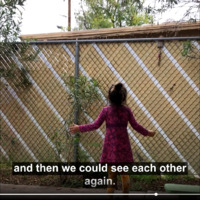Item
The mask trash series
Title (Dublin Core)
The mask trash series
Description (Dublin Core)
The mask trash series.
Historical records come in many forms, and although history favors the written record, the current pandemic reveals ephemeral stories worth documenting. Globally, many people are wearing face masks daily, some are hand-sewn, others commercially made, and some are disposable. They are necessary, they slow the rate of transmission, but they also come with an environmental cost.
Corresponding with this new public health trend is a rise in pandemic-related trash such as face masks littering driveways, streets, sidewalks, parks, and waterways. Face masks choke the landscape and harm wildlife. Disposable masks are spun from polymer plastic, meaning they won’t break down, but they will continue to split into smaller and smaller pieces, some of which will be ingested by animals and even re-consumed by other creatures in the food chain.
The mask trash series seeks to highlight the increase in pandemic-related trash, and give space to a facet of history we often wish we could ignore: the waste we either intentionally or inadvertently discard.
Historical records come in many forms, and although history favors the written record, the current pandemic reveals ephemeral stories worth documenting. Globally, many people are wearing face masks daily, some are hand-sewn, others commercially made, and some are disposable. They are necessary, they slow the rate of transmission, but they also come with an environmental cost.
Corresponding with this new public health trend is a rise in pandemic-related trash such as face masks littering driveways, streets, sidewalks, parks, and waterways. Face masks choke the landscape and harm wildlife. Disposable masks are spun from polymer plastic, meaning they won’t break down, but they will continue to split into smaller and smaller pieces, some of which will be ingested by animals and even re-consumed by other creatures in the food chain.
The mask trash series seeks to highlight the increase in pandemic-related trash, and give space to a facet of history we often wish we could ignore: the waste we either intentionally or inadvertently discard.
Date (Dublin Core)
Creator (Dublin Core)
Contributor (Dublin Core)
Partner (Dublin Core)
Type (Dublin Core)
text story
Controlled Vocabulary (Dublin Core)
Curator's Tags (Omeka Classic)
Contributor's Tags (a true folksonomy) (Friend of a Friend)
mask
face mask
trash
litter
environment
discard
Collection (Dublin Core)
Environment
Linked Data (Dublin Core)
Exhibit (Dublin Core)
Environment and the Pandemic>The Future
Date Submitted (Dublin Core)
03/23/2021
Date Modified (Dublin Core)
04/04/2021
09/16/2021
11/14/2021
03/27/2022
06/21/2022
Linked resources
Filter by property
| Title | Alternate label | Class |
|---|---|---|
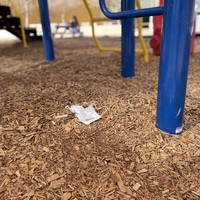 Mask trash # 1 Mask trash # 1 |
Linked Data | Image |
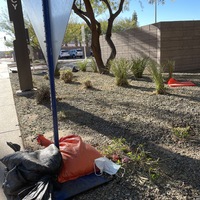 Mask trash #3 Mask trash #3 |
Linked Data | Image |
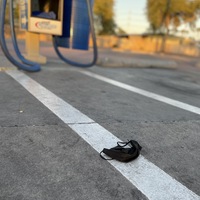 Mask trash #2 Mask trash #2 |
Linked Data | Image |
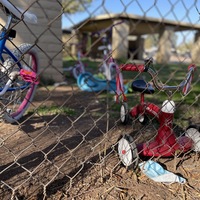 Mask trash #4 Mask trash #4 |
Linked Data | Image |
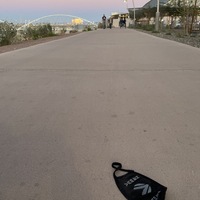 Mask trash #5 Mask trash #5 |
Linked Data | Image |
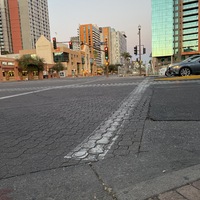 Mask trash #6 Mask trash #6 |
Linked Data | Image |
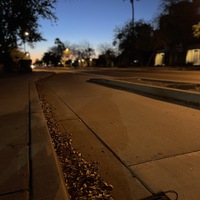 Mask trash #7 Mask trash #7 |
Linked Data | Image |
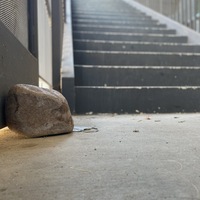 Mask trash #9 Mask trash #9 |
Linked Data | Interactive Resource |
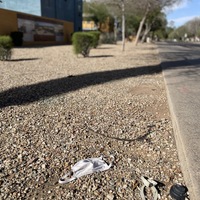 Mask trash #8 Mask trash #8 |
Linked Data | Interactive Resource |
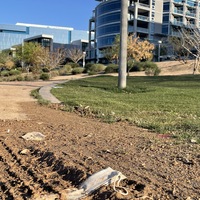 Mask trash #17 Mask trash #17 |
Linked Data | Image |
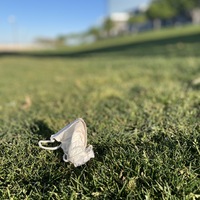 Mask trash #18 Mask trash #18 |
Linked Data | Image |
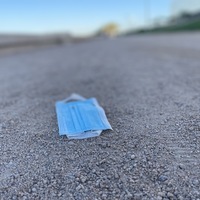 Mask trash #19 Mask trash #19 |
Linked Data | Image |
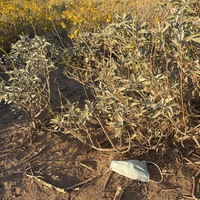 Mask trash #20 Mask trash #20 |
Linked Data | Image |
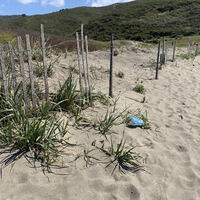 Mask Trash in Our Sacred Places Mask Trash in Our Sacred Places |
Linked Data | Image |
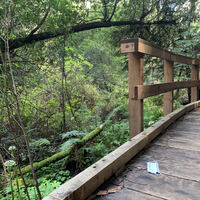 Mask Trash in Our Sacred Places Mask Trash in Our Sacred Places |
Linked Data | Image |
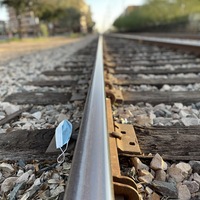 Mask trash #10 Mask trash #10 |
Linked Data | Interactive Resource |
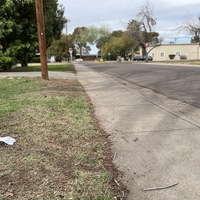 Mask trash #11 Mask trash #11 |
Linked Data | Interactive Resource |
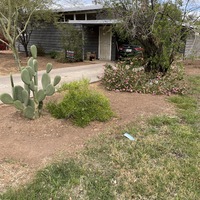 Mask trash #12 Mask trash #12 |
Linked Data | Interactive Resource |
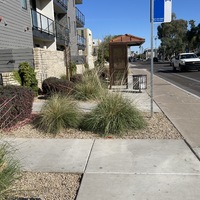 Mask trash #16 Mask trash #16 |
Linked Data | Image |
| Title | Alternate label | Class |
|---|---|---|
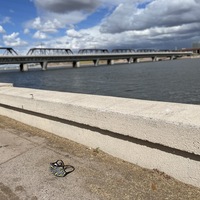 Mask trash #13 Mask trash #13 |
Link | Image |
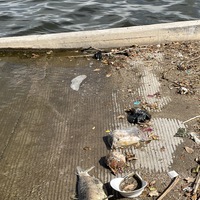 Mask trash #14 Mask trash #14 |
Link | Image |
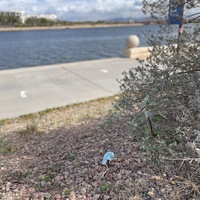 Mask trash #15 Mask trash #15 |
Link | Image |
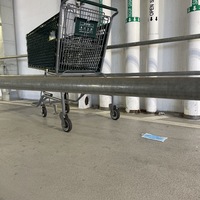 Mask trash #24 Mask trash #24 |
Link | Image |
 Mask trash #25 Mask trash #25 |
Link | Image |
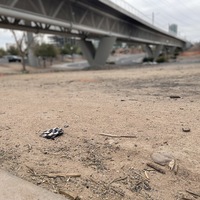 Mask trash #26 Mask trash #26 |
Link | Image |
This item was submitted on March 23, 2021 by Katy Kole de Peralta using the form “Share Your Story” on the site “A Journal of the Plague Year”: https://covid-19archive.org/s/archive
Click here to view the collected data.
